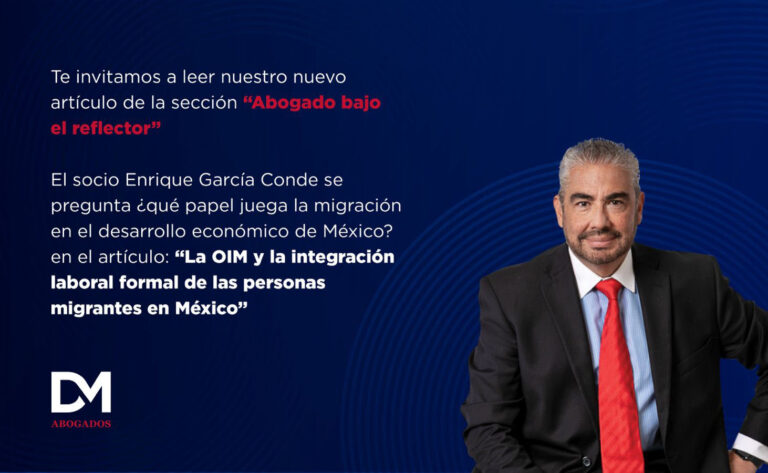The 20% increase to the minimum wage that enters into force on January one of 2024 is not for everyone. The direct beneficiaries are the workers that are registered at the Social Security Institute within a salary range between 207 pesos and 248 pesos, which will be the new minimum wage.
“COPARMEX [Employers’ Confederation of the Mexican Republic] estimates that there are approximately 6.9 million workers in this segment of 207 to 248. They will be the ones that will benefit in a direct and immediate manner. It is mandatory for all formal workers between 207 and 248”, said Ricardo Barbosa, president of the COPARMEX Labor Commission.
But this increase is not mandatory for the rest of the workers registered with the Social Security Institute and are formal workers.
It only benefits them indirectly because the increase will be a reference for the salary increase negotiations, both individual and collective, between a company and the union, that are calculated using a formula.
“The reference point is not the 20%, because, in fact, the minimum wage is composed of two parts: the percentage increase, which is 6% and the independent recovery amount, which is 27 pesos and cents. Thus, for those people earning more than the minimum wage, not even the 6% is mandatory, it will be a reference point”, said Óscar de la Vega, a lawyer who is part of the Center for Formal Employment Studies.
For the labor sector analysts, after the announcement of the salary increase it is necessary for the federal government to provide incentives to aid and help increase the productivity of formal micro and small businesses, which provide over 78% of the employment in the country.
Otherwise, they will be unable to give the 20% increase to the minimum wage and they could seek to migrate to informality.
“Either they close, or they migrate to informality. There are no vacations in informality, there is no profit sharing in informality, there are no minimum wages in informality. It primarily corresponds to the federal government to seek tax incentives for this micro and small company and probably, as it is the case in some other countries, to differentiate what a micro and a small business is from a large business. You cannot impose the same conditions on the large Mexican and foreign multinational companies as on the micro and small businesses, which are your main employer in Mexico”, he said.
Both analysts agreed that those who work in the informal sector are not included in this 20% increase. According to the INEGI [National Institute of Statistics and Geography], this includes 55 out of every 100 people in Mexico.
With information from Guadalupe Flores.




